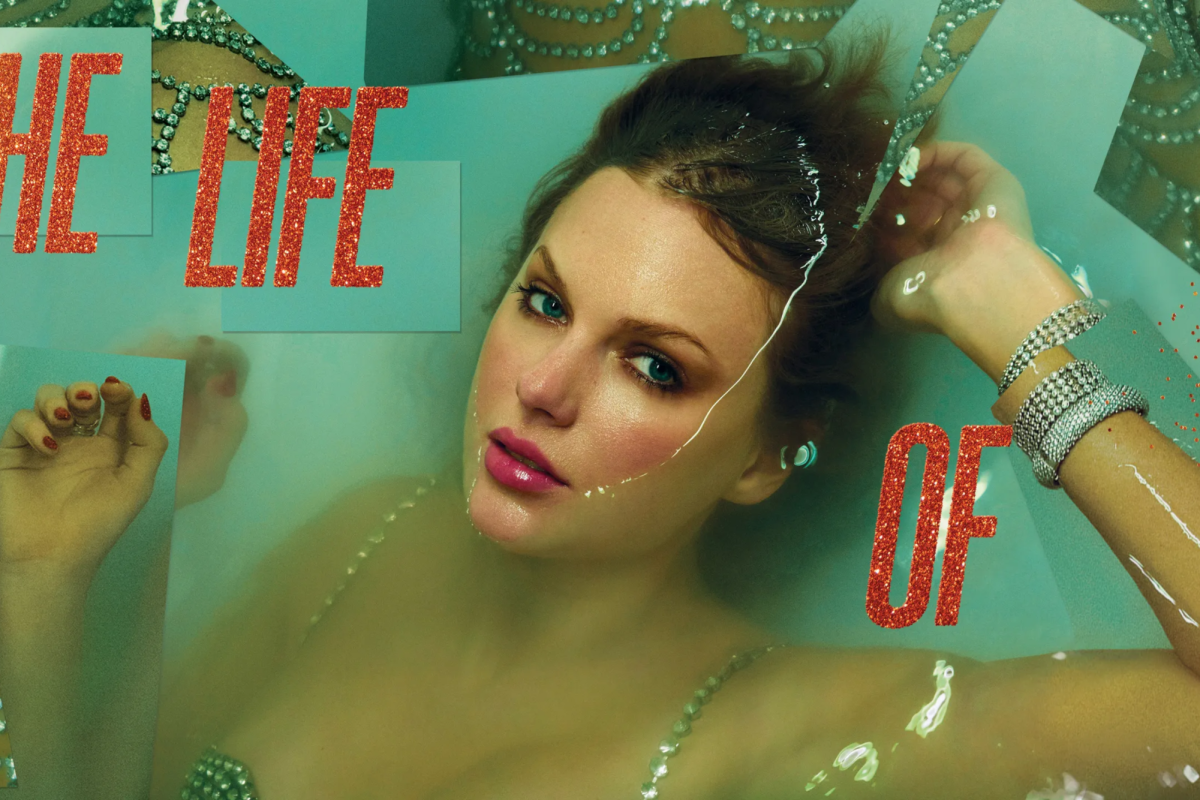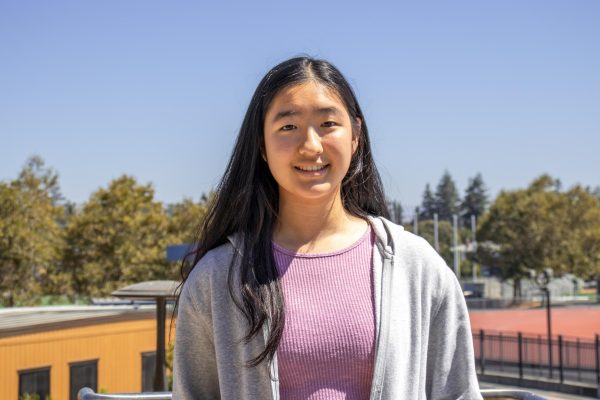Anti-hero is the name of the game for Marvel Studios’ newest movie, “Thunderbolts*.” Stringing together mildly wicked characters, each equipped with contentious personas, this new era of Marvel heroes are just a bunch of “losers.”
From virtuous World War II hero Captain America, to friendly neighborhood Spider-Man, all the way to the mighty God of Thunder, Thor, the Marvel has no shortage of likable characters. These straight-arrow, stereotypical “good guys” are the ones you can trust to have great morals, and greater responsibilities. They make difficult decisions, but in the end, their choices, even if they result in tragedy, are justified when viewers recognize their virtuous intentions.
From the beginning of “Thunderbolts*,” it is clear that the primary villain is Valentina Allegra de Fontaine, or Val for short. Interestingly enough, her lesson to her secretary rings quite true for our characters: “There’s a bad guy and a worse guy, nothing else.” The irony is that Fontaine is the “worse guy” who acts as the villain, driven by glory and a desire to stay CIA director.
Black Widow Yelena Belova, professional assassin and adoptive sister of Natasha Romanoff, has been recruited by Fontaine to carry out missions under the impression that they would allow her to avenge Romanoff’s death. Appearing previously in the 2021 miniseries “Hawkeye,” which detailed the lives of Clint Barton (Hawkeye) and Kate Bishop, Belova acted as much-needed comic relief, saddled with the somewhat troublesome objective of killing Hawkeye. In “Thunderbolts*,” Belova’s petulant charm and comedic timing easily shine through, making viewers giggle while she clocks in for her job as reluctant assassin.
Joining Belova are Taskmaster, Bucky Barnes (The former Winter Soldier), John Walker (Dollar Tree Captain America), the Red Guardian (Belova’s father) and the new character, Sentry, also referred to as Bob. Each member of the somewhat functional Thunderbolts have been strung into the group by coincidence. Belova, Taskmaster and Walker are sent separately to a secret facility by Val, only to discover that their missions overlap in unfortunate ways. Even under these circumstances, their almost offensive banter and initial hatred for one another provide an unconventional yet enjoyable dynamic. Suddenly, true to this film’s mastery of comedic timing, out tumbles Bob from a box.
Bob is a regular man, other than the fact that he lost all his memories and landed in a secret facility with three professional assassins. His mundanity is only amplified when we learn that he was a failed superhero creation conducted by Val, and that he is supposed to be dead. (Spoiler alert: he isn’t.)
A series of less-than-ideal events orchestrated by Val and her minions inconvenience the group. What would be expected of typical Avengers superheroes is that they stick together through hard times. Unfortunately, the team only has one goal in mind: to go home and sleep. This mutual understanding that none of them are all that noble is exactly what makes them likeable, distinguishing them from the Avengers.
On their journey home, the Red Guardian, much to Belova’s embarrassment, pulls up to join his little girl. Belova’s relationship with her father is undeniably enjoyable. From the Red Guardian’s shenanigans to try and seem cool to Belova’s unimpressed reactions, to him talking about a girl on her soccer team pooping mid-game, they are the perfect comedic duo.
Ironically, they are eventually captured by Bucky Barnes and forced to join him on a noble conquest. It is after this fight that Belova delivers a line representing the essence of the “Thunderbolts*”: “we’re all losers, and we lost.” Sentimental times like these for this group of oddballs are rare, yet this scene speaks to a feeling of imposter syndrome that many can relate to. Their struggles are reminiscent of everyday civilians, not heros with the weight of the world on their shoulders.
As the story unfolds, it becomes clear that Bob is not your average Marvel character. His struggles with identity and mental health lead to a complex showdown unlike most Marvel punchouts. Instead, he is a victim of his own self-doubt from his difficult past. His conflict offers a refreshing and unpredictable plot line that finds a new way to discuss mental health while weaving a bit of humor into the superhero action.
Fans of the saga and professional critics have been pleasantly surprised by the all around quality of the film. In contrast to other recent Marvel films like “Deadpool & Wolverine” and “Captain America: Brave New World,” which were both met with mixed reactions from viewers, “Thunderbolts*” brings much-needed redemption to the Marvel Cinematic Universe. Critic David Ehrilch, writing for Indiewire, has deemed this work “a force strong enough to save that series of blockbusters from collapsing under its own weight.” This is a sentiment that even a casual viewer who has minimal knowledge of the saga’s history, like myself, can echo.
Whether you are a longtime fan or a first-time watcher, the balance between sentimental discussions of self-worth and a healthy dose of humor make this film an enjoyable experience. I can surely state that the Thunderbolts are not a rip off version of the Avengers, and calling them the “New Avengers” would not do their characters justice. In fact, at the end of the movie, when Val introduces them as the New Avengers to the press, Belova whispers vindictively and confidently to Val, “we own you now.” It is a fitting and open-ended conclusion to the film that reminds us that these heroes are really still just anti-heroes.
Rating: 5/5






































































